Healthy Living
Low Blood Pressure: What Is It and How to Manage It
We know that high blood pressure is a problem. But what about low blood pressure? Low blood pressure, also called hypotension, is defined as having blood pressure of 90/60 or lower. Having low blood pressure is almost never serious unless there are symptoms of concern. However, health problems can occur if there is a serious drop in blood pressure and the brain does not receive enough blood supply.
Sources:
American Heart Association
Healthline
Nursing Times
Low Blood Pressure Symptoms
Symptoms of low blood pressure vary according to severity. Some symptoms are uncomfortable, while others may need medical assistance. People with this condition may experience the following symptoms:
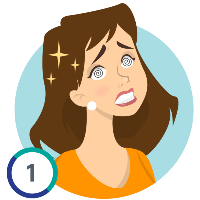 1. Dizziness or lightheadedness |
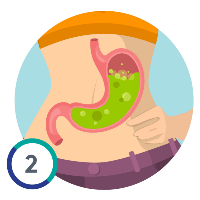 2. Nausea |
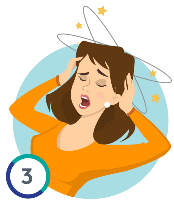 3. Fainting |
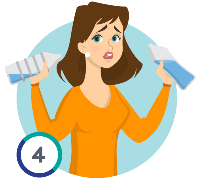 4. Dehydration and unusual thirst |
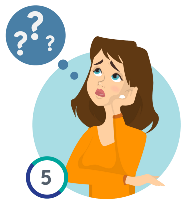 5. Lack of concentration |
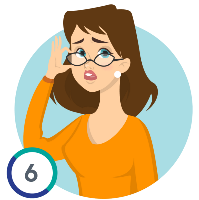 6. Blurred vision |
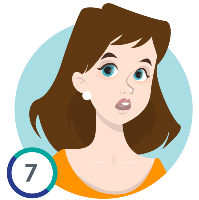 7. Cold, clammy, pale skin |
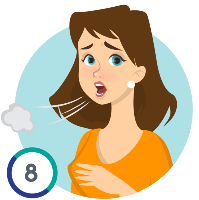 8. Rapid, shallow breathing |
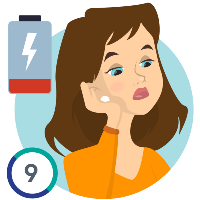 9. Fatigue |
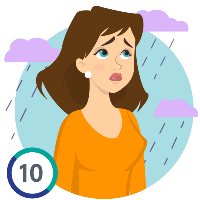 10. Depression |
What Causes Low Blood Pressure?
Low blood pressure may be associated with the following:- Prolonged bed rest – When shifting from a sitting position to a standing position, there may be a drop in arterial blood pressure, which causes dizziness or fainting.
- Decrease in blood volume – A significant loss of blood reduces blood volume, which can lead to a severe drop in blood pressure.
- Certain medications – Diuretics and other drugs for hypertension, heart conditions, Parkinson’s disease, tricyclic antidepressants, erectile dysfunction drugs (particularly in combination with nitroglycerine), narcotics and alcohol may increase the risk of developing low blood pressure.
- Heart problems – Conditions like bradycardia (abnormally low heart rate), heart valve problems, heart attack and heart failure may mean the heart is not able to circulate the blood properly.
- Endocrine problems – Conditions with hormone-producing glands, such as hypothyroidism, parathyroid disease, Addison’s disease, low blood sugar and diabetes.
- Severe infection (septic shock) – Septic shock means the infection travels from its original site and spreads in the blood stream producing toxins that cause a life-threatening decline in blood pressure.
- Allergic reaction – Anaphylactic shock is an allergic reaction that occurs when a person is sensitive to penicillin or certain kinds of food. Anaphylactic shocks can cause breathing problems, hives, itching, swollen throat and sudden decline in blood pressure.
- Neurally mediated hypotension – When a person stands for long periods of time, there can be an unnatural reflex action between the brain and the heart. This condition usually affects young people.
- Nutritional deficiencies – Lack of vitamin B-12 and folic acid can cause anemia, which can lead to low blood pressure.
How to Raise Low Blood Pressure
Treating low blood pressure depends on its underlying cause, and treatments may include medications for heart disease, diabetes or infection. But here are some ways that might help:- Drink plenty of water to avoid low blood pressure due to dehydration
- Eat a balanced diet
- Limit alcohol intake
- Check your blood sugar regularly
- Try to move slowly and gradually especially if coming from a sitting position to a standing position
- Avoid crossing your legs when you sit
- Wear compression stockings
Sources:
American Heart Association
Healthline
Nursing Times
Sign Up for Health Tips
Get our advice and upcoming events about weight, pain, heart and more.

